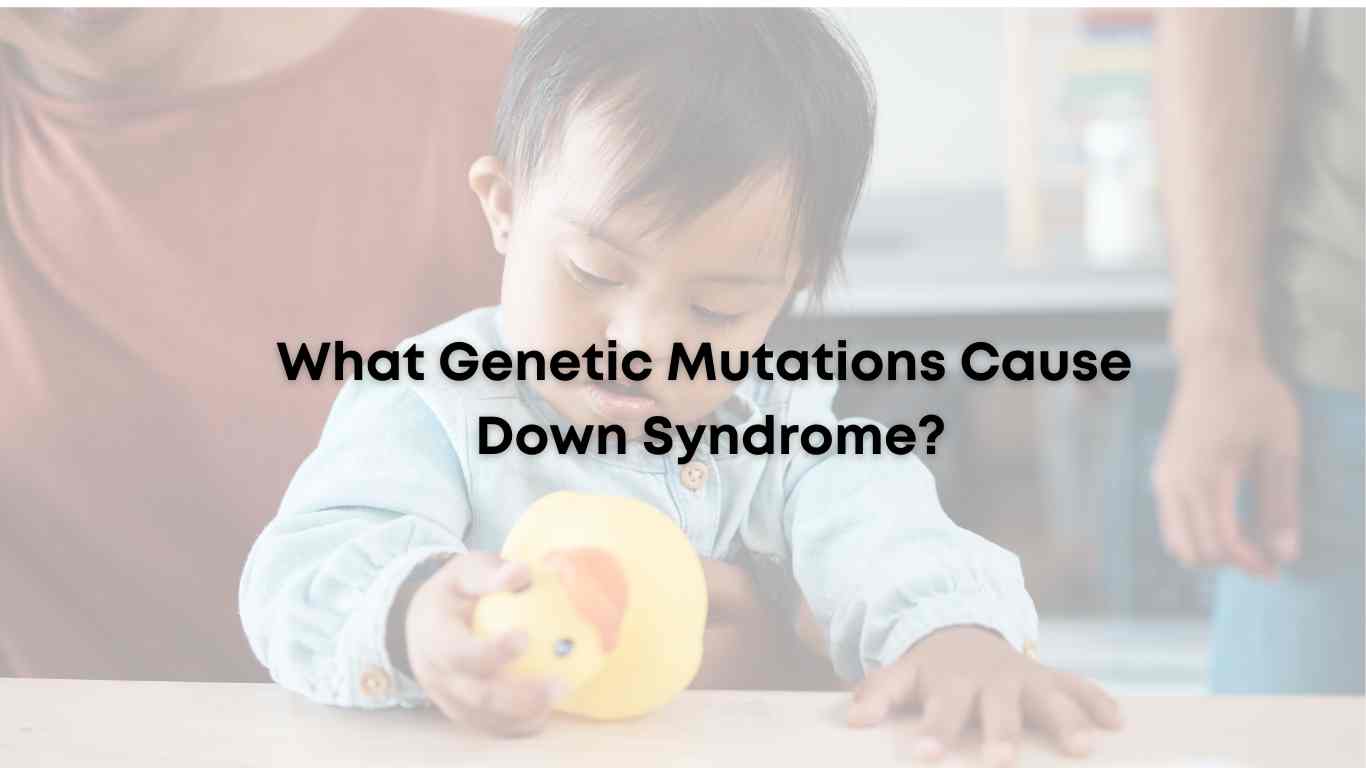
What Genetic Mutations Cause Down Syndrome?
When we think about the amazing diversity of life, we are reminded of the complex dance of genes that shapes who we are. Down syndrome, also known as Trisomy 21, is one such example that showcases the intricate workings of genetics.
At its core, Down syndrome is a genetic condition that occurs when there is an extra copy of chromosome 21. Normally, humans have 46 chromosomes arranged in 23 pairs. But in individuals with Down syndrome, there’s an additional copy of chromosome 21, resulting in a total of 47 chromosomes. This extra genetic material can bring about unique physical and developmental characteristics.
So, how does this genetic mix-up happen? There are three main types of Down syndrome, each with its own genetic basis.
Trisomy 21: The Most Common Type
About 95% of Down syndrome cases fall into the category of trisomy 21. This occurs when there’s an error during the formation of the reproductive cells (eggs and sperm). Normally, each parent contributes one copy of chromosome 21, but in trisomy 21, the egg or sperm cell ends up with an extra copy. When the egg and sperm fuse during fertilization, the resulting embryo carries three copies of chromosome 21 instead of the usual two.
Translocation Down Syndrome: A Genetic Shuffle
In about 3-4% of cases, Down syndrome is caused by a genetic rearrangement involving chromosome 21. This type, known as translocation Down syndrome, occurs when a piece of chromosome 21 breaks off and attaches itself to another chromosome, usually chromosome 14. This can happen during the formation of the egg or sperm cells, or even after conception. Individuals with translocation Down syndrome have the extra genetic material from chromosome 21, but it’s attached to a different chromosome.
Mosaicism: A Genetic Mosaic
Mosaicism accounts for around 1-2% of Down syndrome cases. Here, the extra copy of chromosome 21 appears in some cells but not others. This occurs due to a random error during the early stages of cell division after fertilization. As a result, some cells have the typical 46 chromosomes, while others have an extra copy of chromosome 21. Mosaicism can lead to a wide range of physical and developmental variations among individuals with Down syndrome.
It’s important to note that Down syndrome can happen to anyone, regardless of age, race, or socioeconomic status.
So, What Genetic Mutations Cause Down Syndrome?
In conclusion, Down syndrome is a result of genetic variations that can occur during the formation of reproductive cells or early stages of embryonic development. The extra copy of chromosome 21 leads to the unique characteristics associated with this condition. Advances in genetic research continue to shed light on the intricate mechanisms behind Down syndrome, bringing us closer to understanding and potentially managing this genetic condition.

